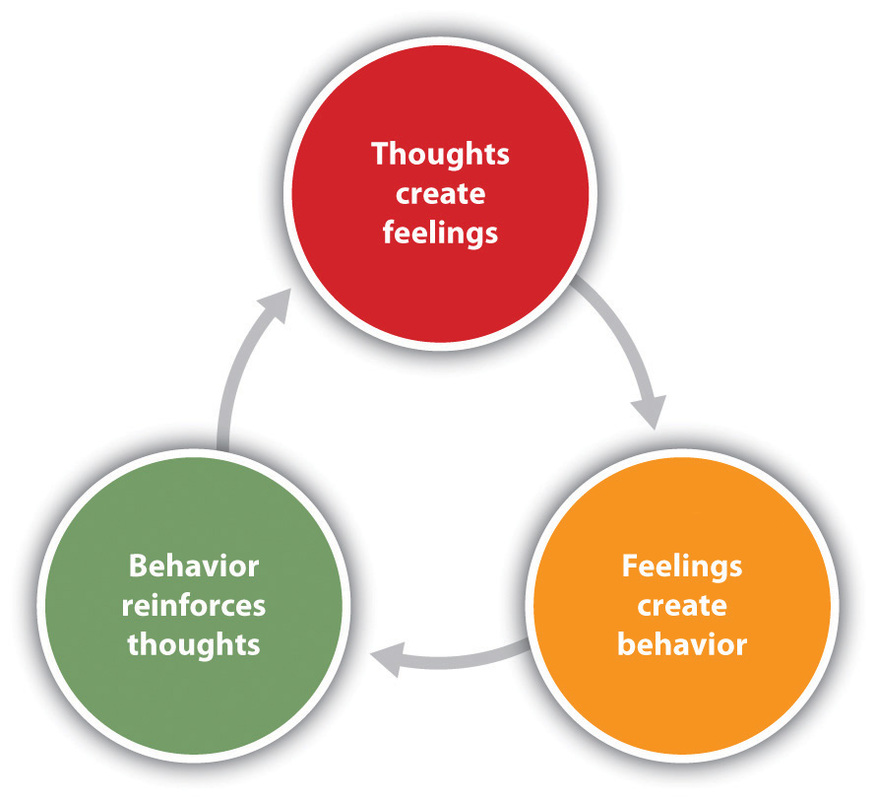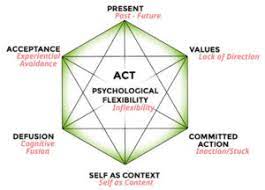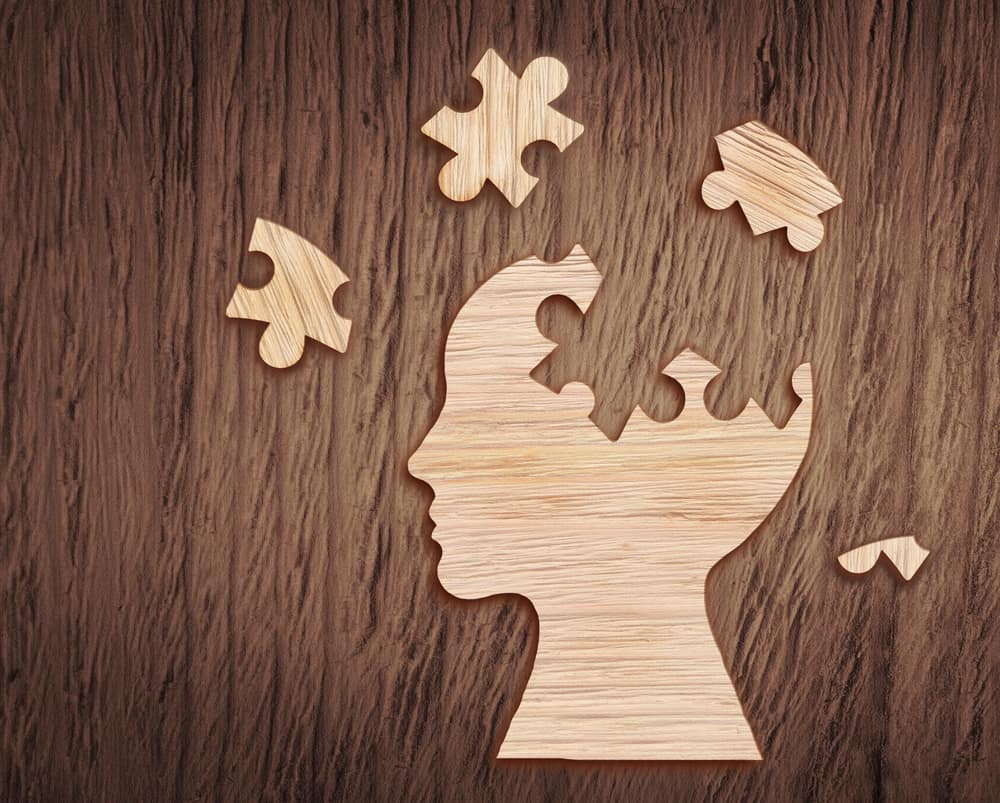Types of Therapy
CBT
Cognitive-behavioral therapy (CBT) is a type of psychotherapy that is often used to treat depression, anxiety, and Trauma. CBT is based on the idea that our thoughts, feelings, and behaviors are interconnected and that negative thought patterns can contribute to the development and maintenance of mental health disorders.
In CBT, a therapist works with the person to identify negative thought patterns and behaviors that are contributing to their symptoms. The therapist then helps the individual to challenge and reframe these thoughts, replacing them with more positive and realistic ones. Through this process, individuals can develop more effective coping skills and strategies for managing their symptoms.

ACT
Acceptance and Commitment Therapy (ACT) is a type of therapy that focuses on teaching individuals how to develop psychological flexibility and acceptance of their internal experiences, rather than trying to eliminate them. This therapy emphasizes the importance of values-based living and taking action towards valued goals, even in the presence of difficult thoughts and emotions. ACT has been shown to be effective in treating a variety of mental health issues, including depression, anxiety, OCD, and chronic pain. Through the use of mindfulness, acceptance, and cognitive defusion techniques, individuals can learn to change their relationship with their thoughts and emotions and live a more fulfilling life.


ART
Accelerated Resolution Therapy (ART) is a form of psychotherapy that helps individuals struggling with various mental health symptoms, including anxiety, depression, PTSD, and Phobias, Panic attacks. ART aims to reprogram negative thought patterns and beliefs by identifying and reprocessing negative emotions, memories, and imagery associated with the trauma or distressing event. ART also integrates aspects of exposure therapy, where the individual gradually confronts and desensitizes themselves to distressing memories and situations. ART is a brief, targeted treatment that typically lasts 1-5 sessions, with significant reductions in symptoms reported after the first session. The efficacy of ART has been supported by various research studies, with many individuals experiencing significant improvement in their symptoms and quality of life.
Through my clinical practice, I have witnessed the profound impact of ART on individuals’ lives. It has empowered them to release painful memories and regain control over their lives. Clients dealing with a range of challenges, including self-esteem, body image, relationship issues, infidelity, health problems, grief, performance anxiety, and various other mental health and physical conditions have benefited from this approach.
